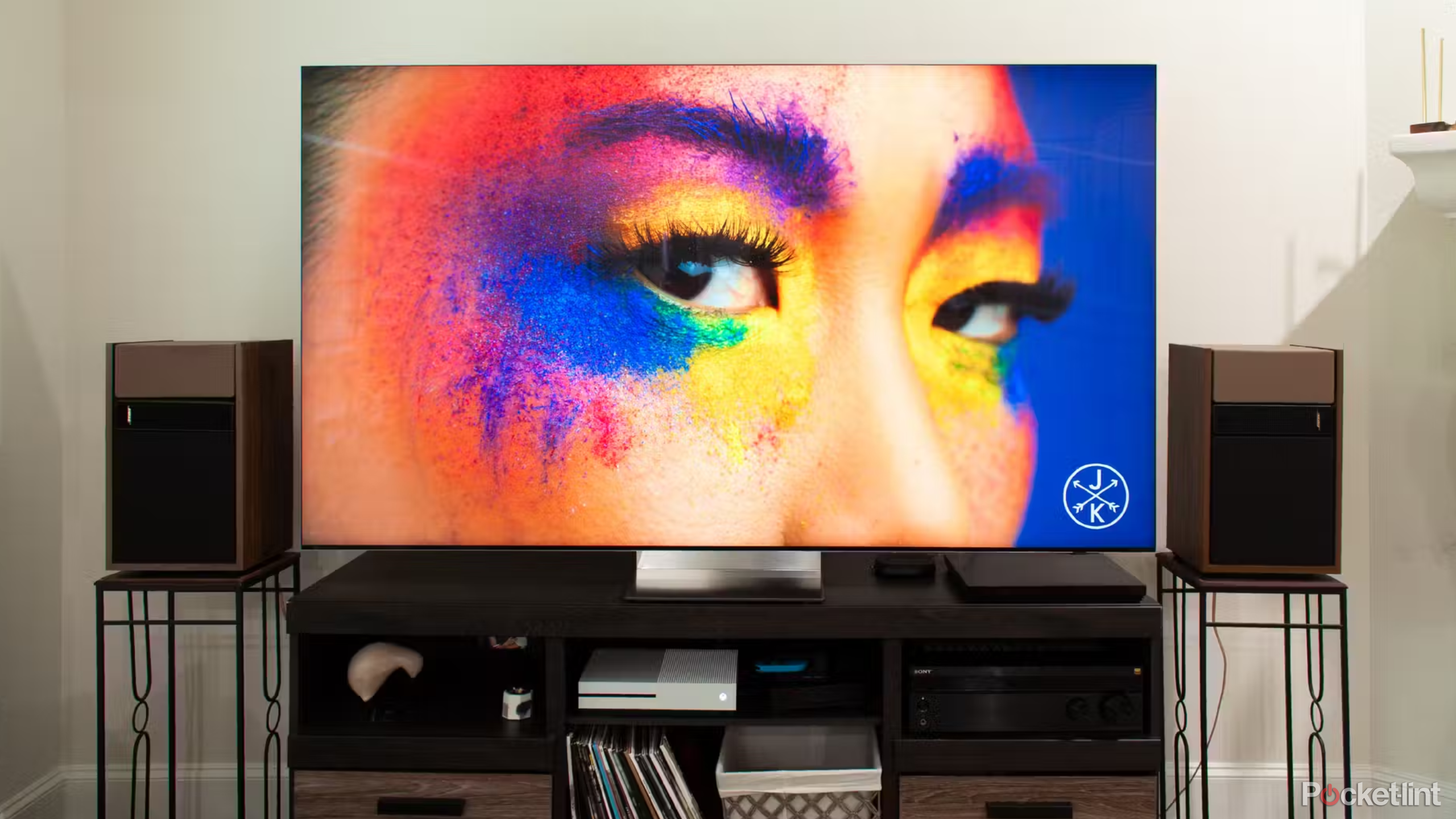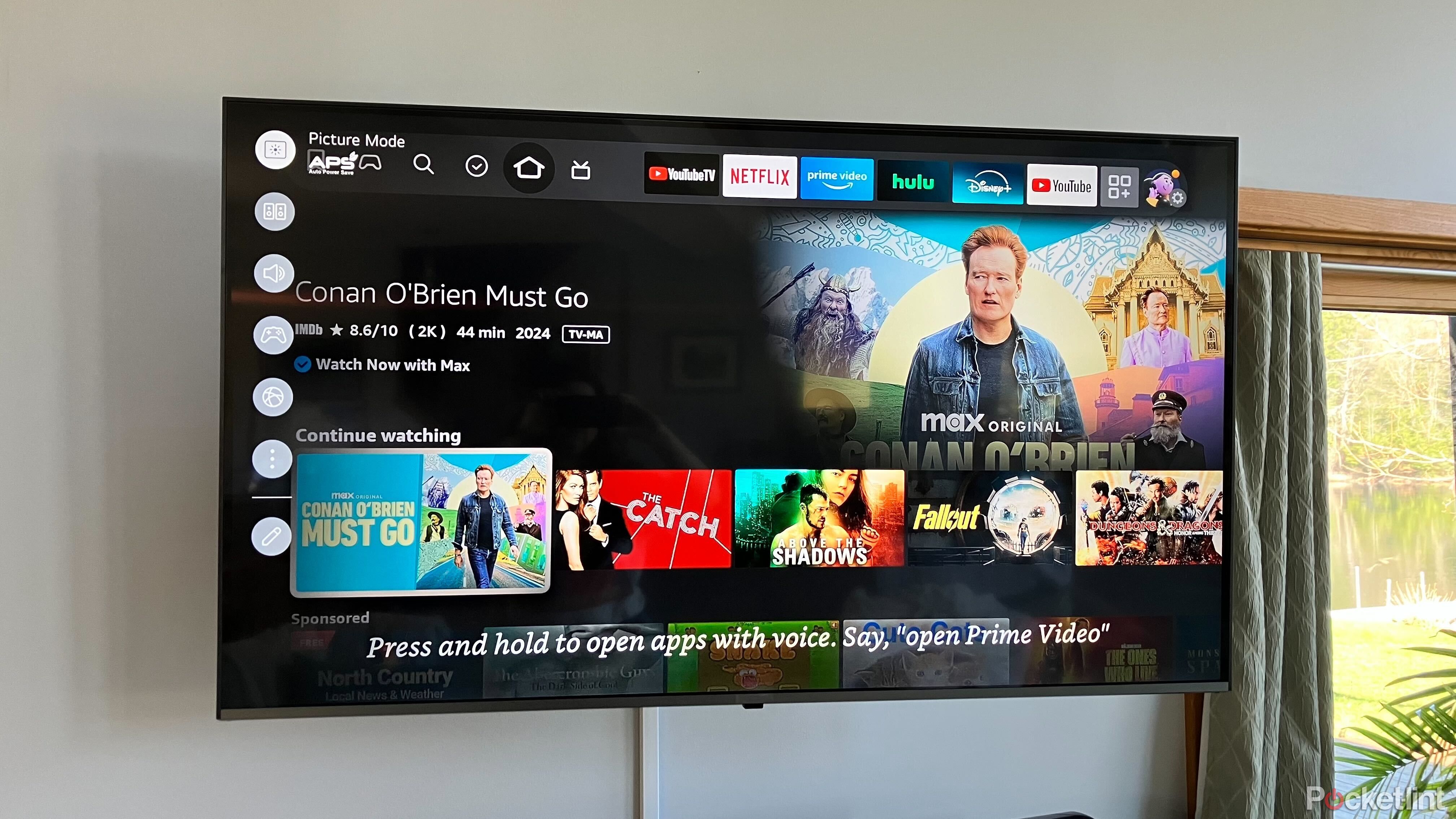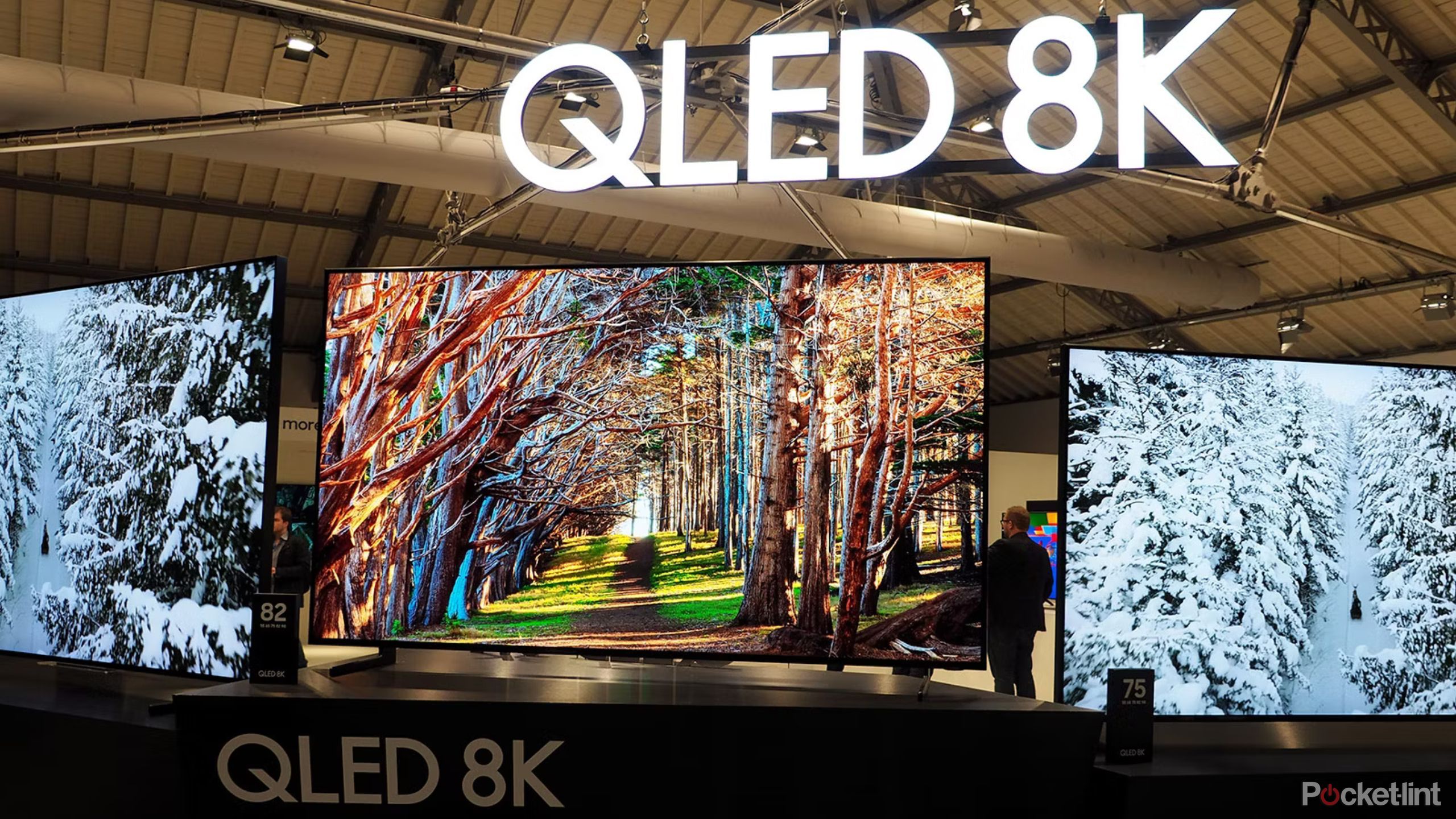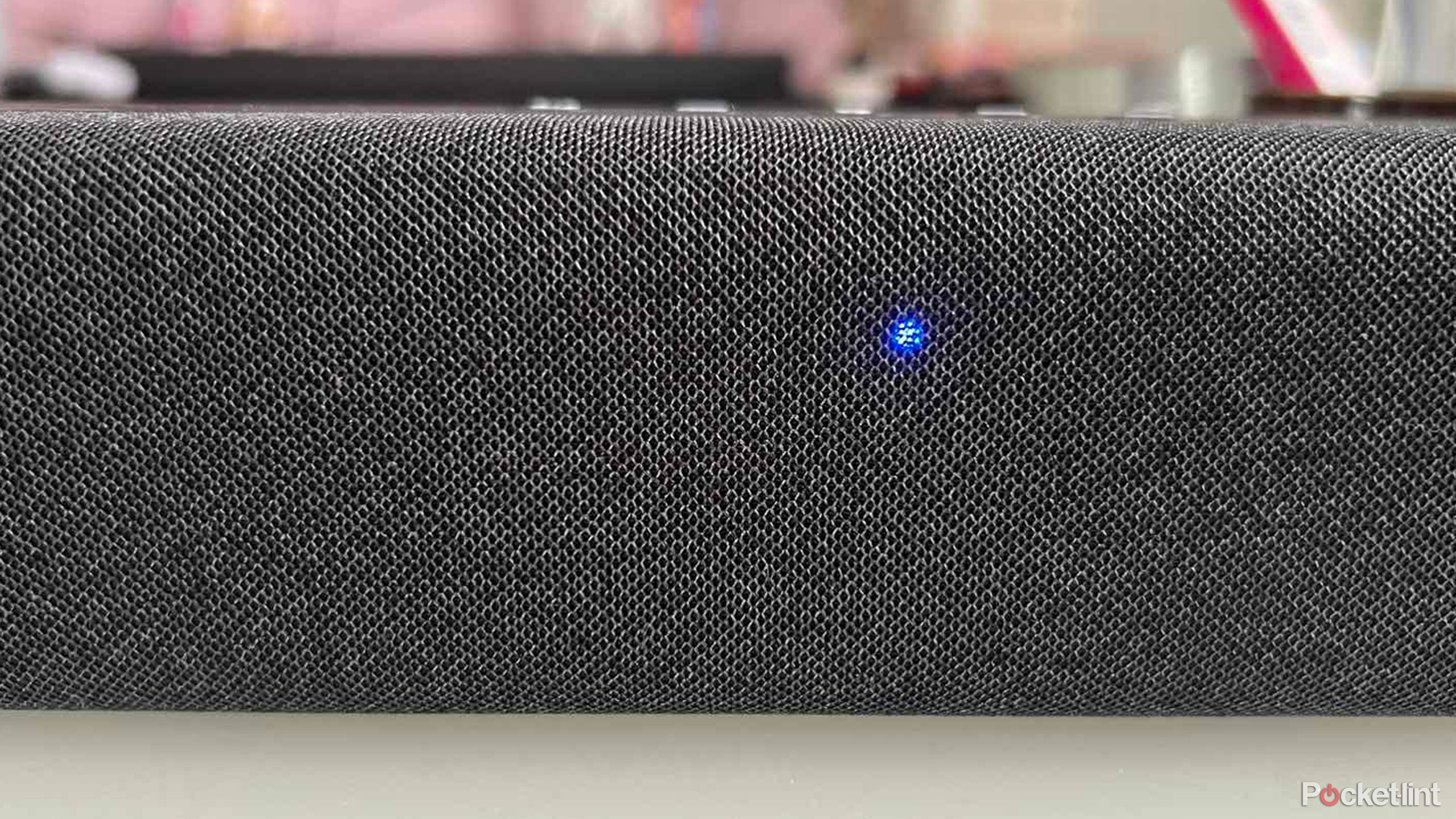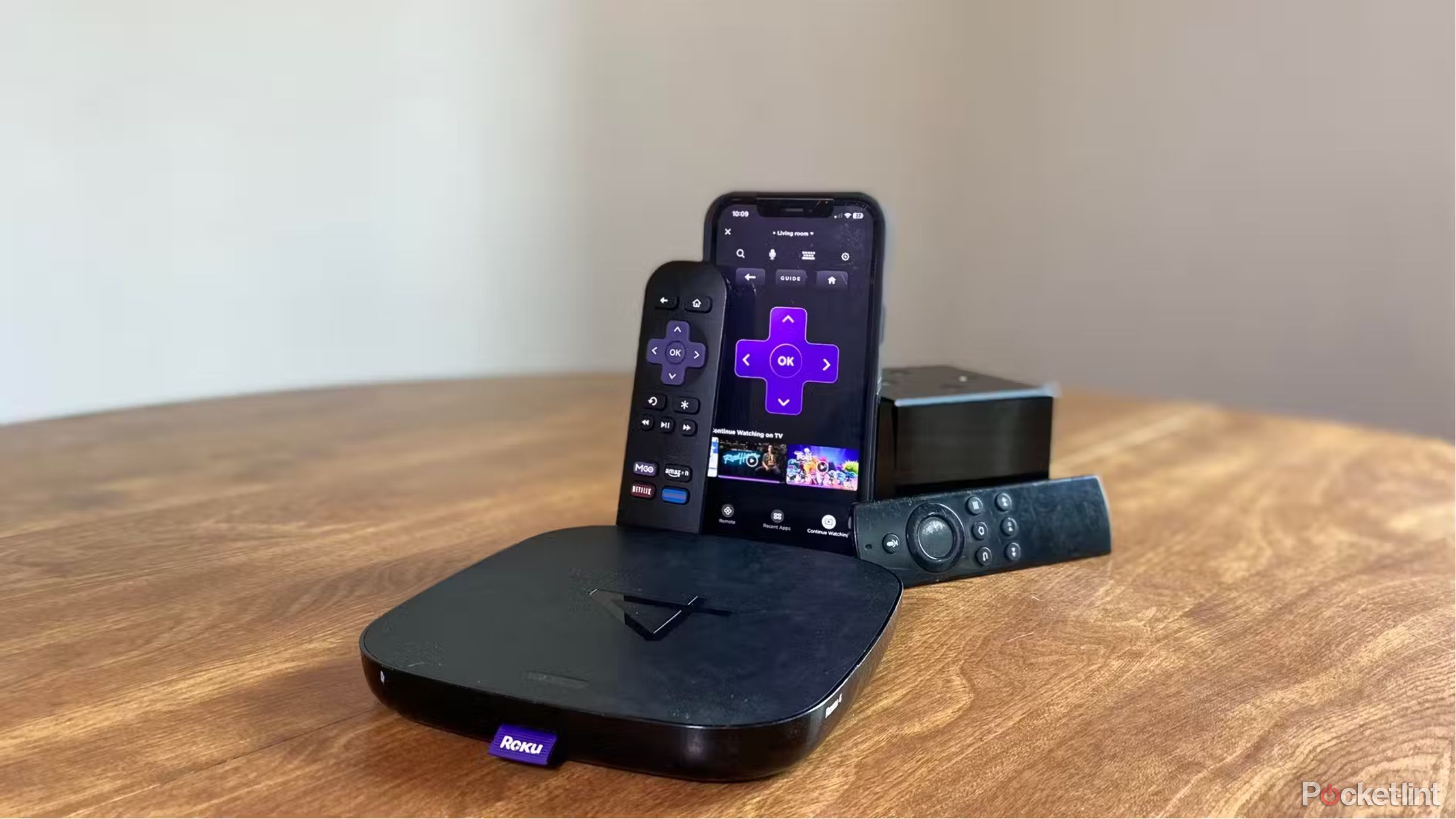Key Takeaways
- New TVs are the most expensive upon release, so there’s better value in previous releases.
- Slight differences in specs and innovations might not be noticeable or relevant.
- A new TV may require new accessories, such as a speaker system or gaming console, to fully enjoy all the features.
Every month it seems there are new announcements from TV brands about their latest innovations and why they are going to change your viewing experience. Samsung recently announced new additions to its microLED, and they are mighty expensive. They won’t always be, but they are the newest, shiniest, most exclusive, and perhaps best panel technology available at the moment, and they are getting a lot of attention.
7 smart TV operating systems, ranked worst to best
For a ‘smart’ platform, most TV operating systems are surprisingly dumb.
So it goes. Each company is looking to outdo the others with advancements in not just screen tech, but audio quality, AI integration, operating system usability, and automatic enhancements, among others. It can be exciting when a new TV comes out, and even tempting, but it tends not to be worth it to lay down some money to buy the latest release. Here’s why.
1 It’s expensive
The price is as high as it ever will be
A new TV is going to be at its most expensive; the price can only go down from here. Depending on the technology used, these TVs may be in limited supply as well, which will also increase their price. Just like any other technology though, the price will eventually go down, but if you want the newest iteration, you’re paying not just for the device and its associated components, but also for the exclusivity and pride of having it before many others.
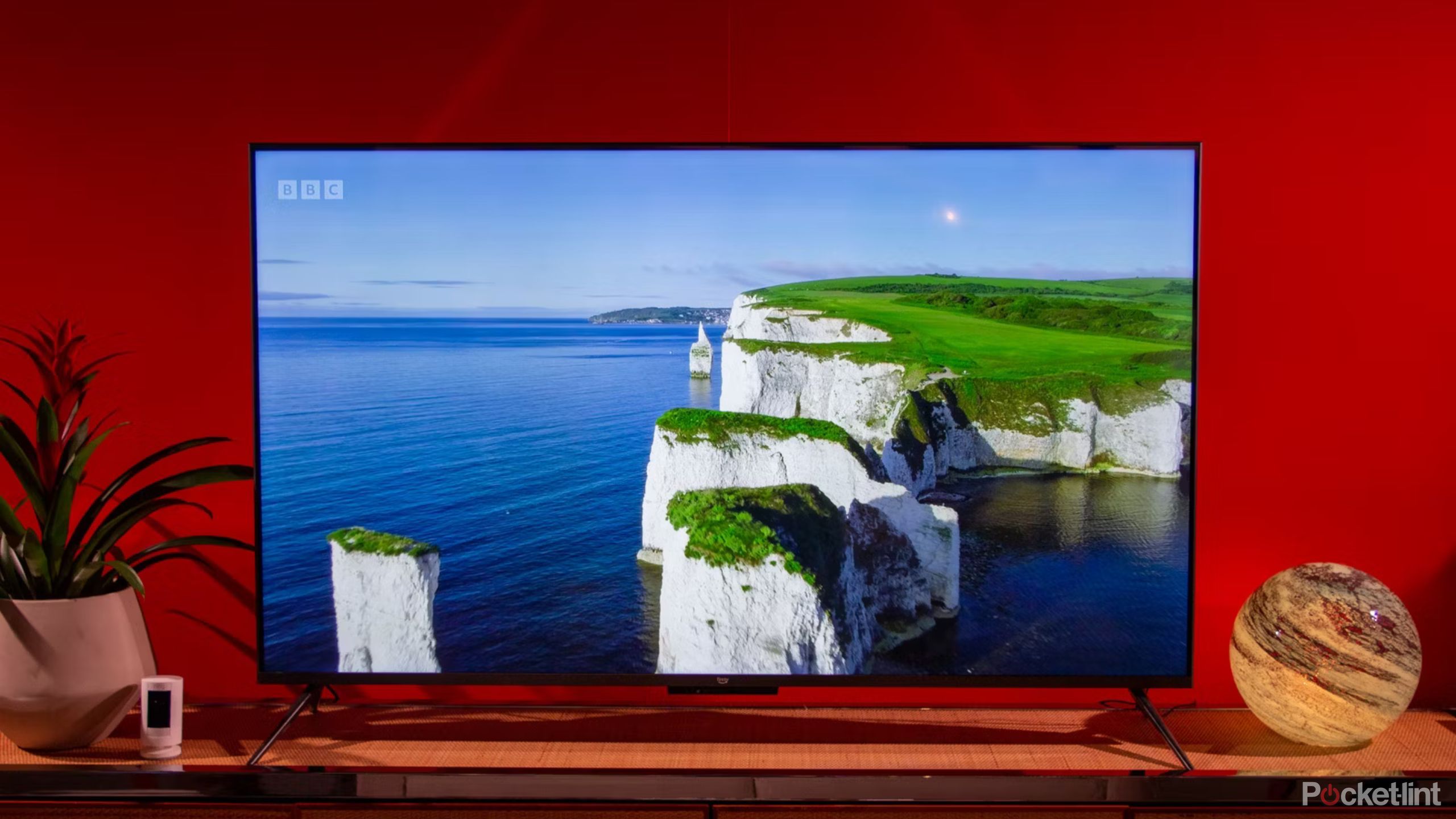
Best smart TVs: Beautiful hardware, intelligent firmware
Find your next living centerpiece from among these top-tier competitors.
In some cases, it may not be that long before the price goes down, either. Any number of factors, from lack of popularity, surplus of product, partnership deals, or new models coming out soon behind, mean the price can go drop months after the model bows. But if you’re buying when the TV drops, you’re going to be paying a lot, and arguably more than its actual worth.
2 There’s better value elsewhere
Prices drop throughout the year
When a new TV bows, it means that a once new and flashy TV is no longer at the top. But it doesn’t mean that the model isn’t mighty impressive and worth your consideration. TVs regularly come out throughout the year, so you might find a bit of a price dip in a model that came out six to nine months earlier, which offers better value, when a company announces that a new unit is available.
The same is true once the calendar flips. In the early months of a new year, you’ll likely find great value on a TV from the previous year, even if it didn’t come out exactly a year ago. Since it’s technically part of an older set of devices, you’ll likely find a price drop that offers plenty of bang for your buck. You can expect to enjoy a smart TV anywhere from three to five years after purchase (provided it’s not used), so it’s not as if buying a 2023 model right now means you’ll have to buy a new one again in 2025.
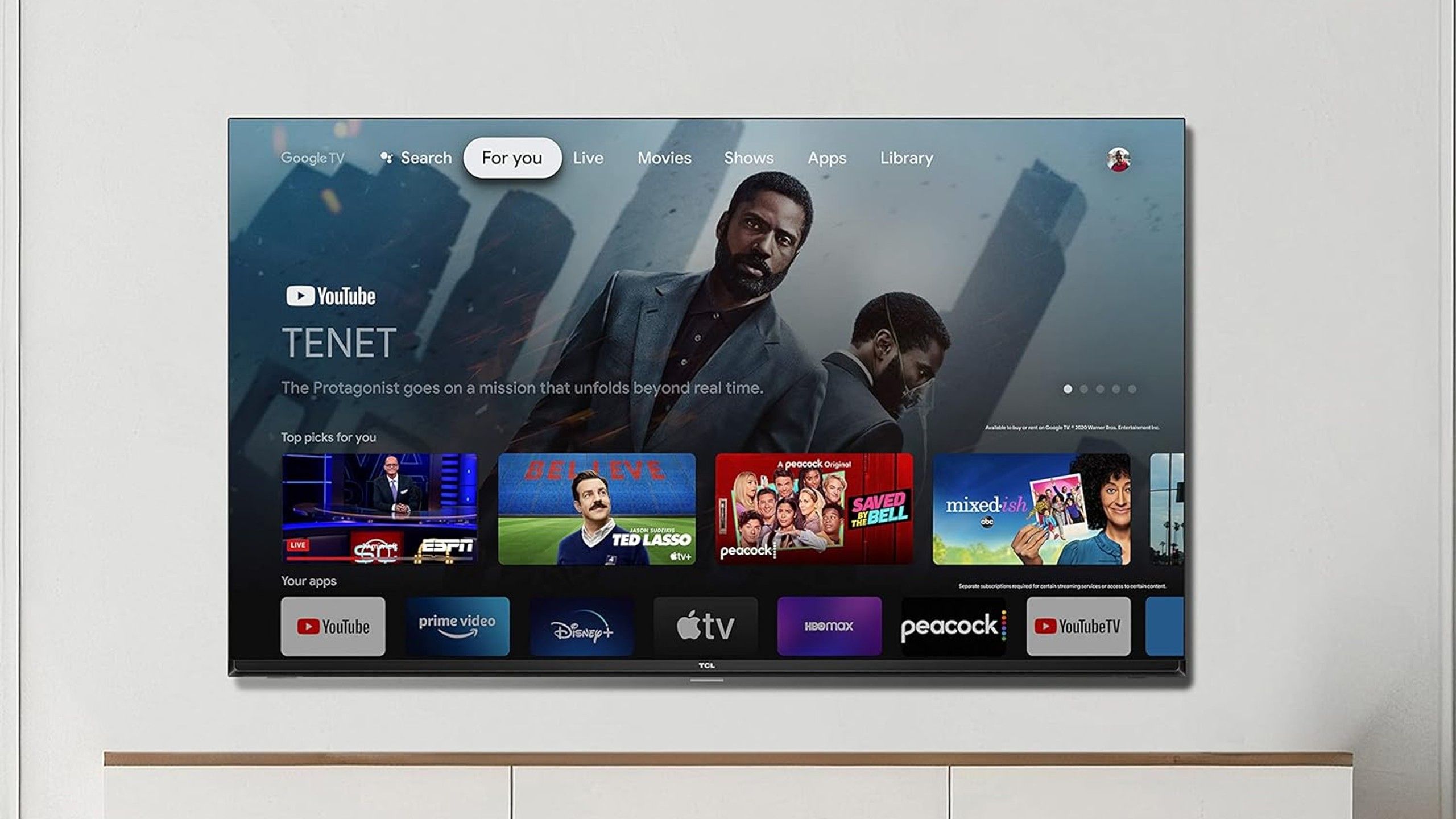
5 reasons to buy a TCL TV over an LG TV
TCL TVs offer more features than just affordable prices and retail convenience. There is plenty of variety to cater to your viewing habits.
You can’t stop new TVs from coming out, so even if you buy the newest one right now, it’s going to become not-so-new in the coming months as something else takes its place. You might as well save some money in the process.
3 Innovation can be imperceptible
Technology is changing, but it can be hard to notice
Part of the reason tech companies make grand gestures and hold big events when unveiling new technologies and innovations is that they want to convince you that one, they are important to you, and two, that they are significantly different from what came before.
It’s often not the case, especially if you have a previous generation version of said device. If you’ve a TV that’s just a few years old, you surely don’t need a newer one. Which also means that you can stand to save money by purchasing a slightly older TV than the one you have.
Technological advancements are incremental. Refresh rate is a great example. There are arguments that a refresh rate higher than 140 hz isn’t noticeable, so do you need a TV that has a refresh rate of 240Hz? Maybe, but maybe not.
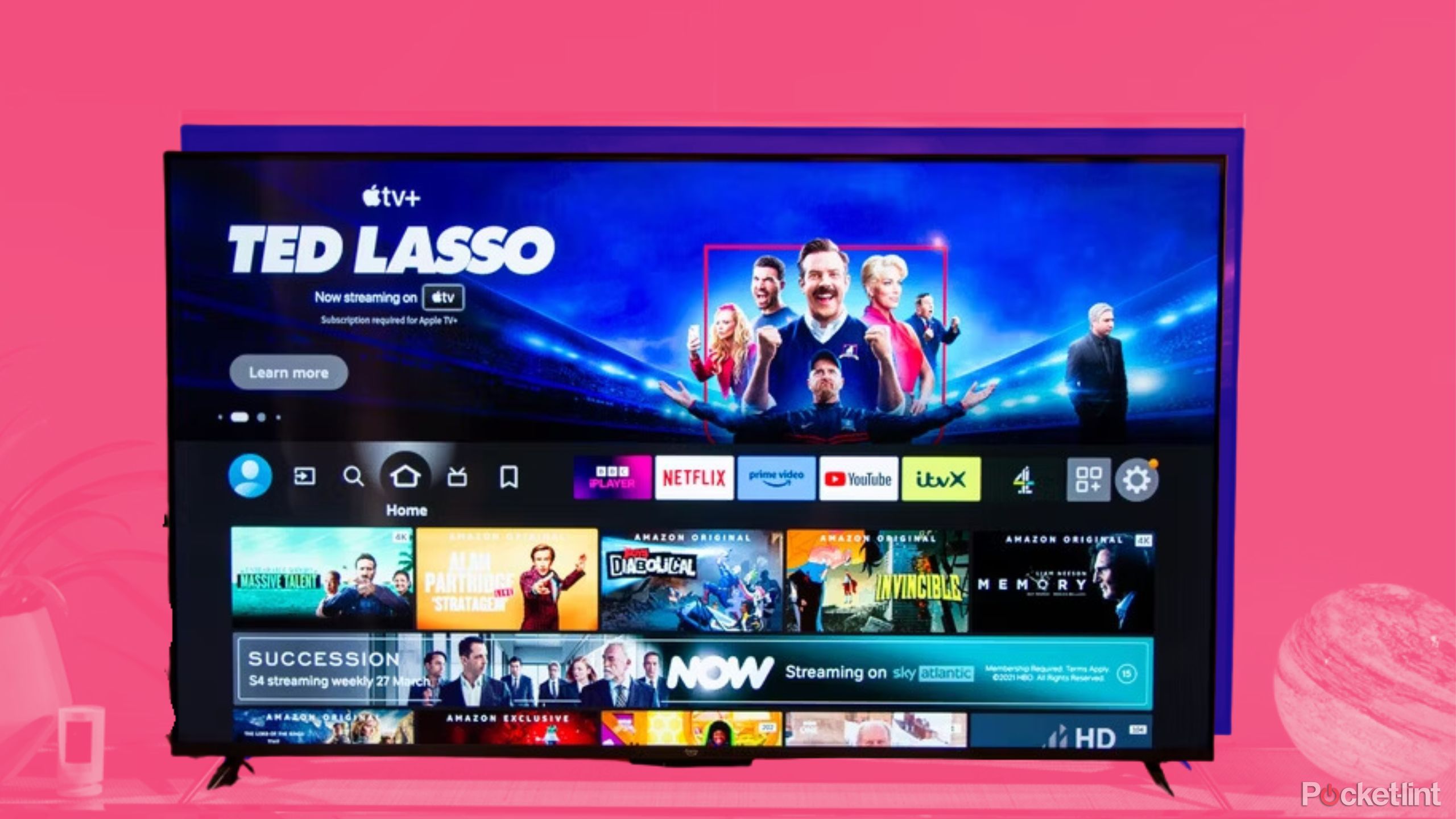
5 reasons I’d buy a QLED TV over a more expensive OLED TV
While OLED TVs stand out in one key, QLED models are still popular for plenty of good reasons.
Another similar innovation is mini-LED panels, which strive to make dimming zones as small as possible so that your TV can achieve high-quality contrast when darker content comes on screen. The number of zones in newer TVs keeps increasing as the size decreases, but as they venture into the quadruple digits, how easy is it to tell the difference between a TV with 1,500 zones and one with 3,000 zones? Is it really twice as good?
While all the numbers and specs can get exciting, remember to keep in mind that the subtle differences between TVs are subtle for a reason.
4 You might need new accessories
Additional investment may be required
One thing to keep in mind when buying a new TV, or the newest TV, is the state of your current TV-adjacent accessories, consoles, and services. Basically, if you have an all-powerful new TV with a bunch of high-end features, you want to use them to their fullest.
So, that could mean upgrading streaming services to make sure you have top tiers that allow for the highest resolution, HDR10+, or Dolby Atmos. Maybe you need a wall mount, a compatible soundbar or speaker set, gaming console, or Blu-ray player to fully embrace all that your TV offers. When it comes to audio specifically, many companies that make both TVs and speakers compel you to buy their own products as they will work together.
0:53
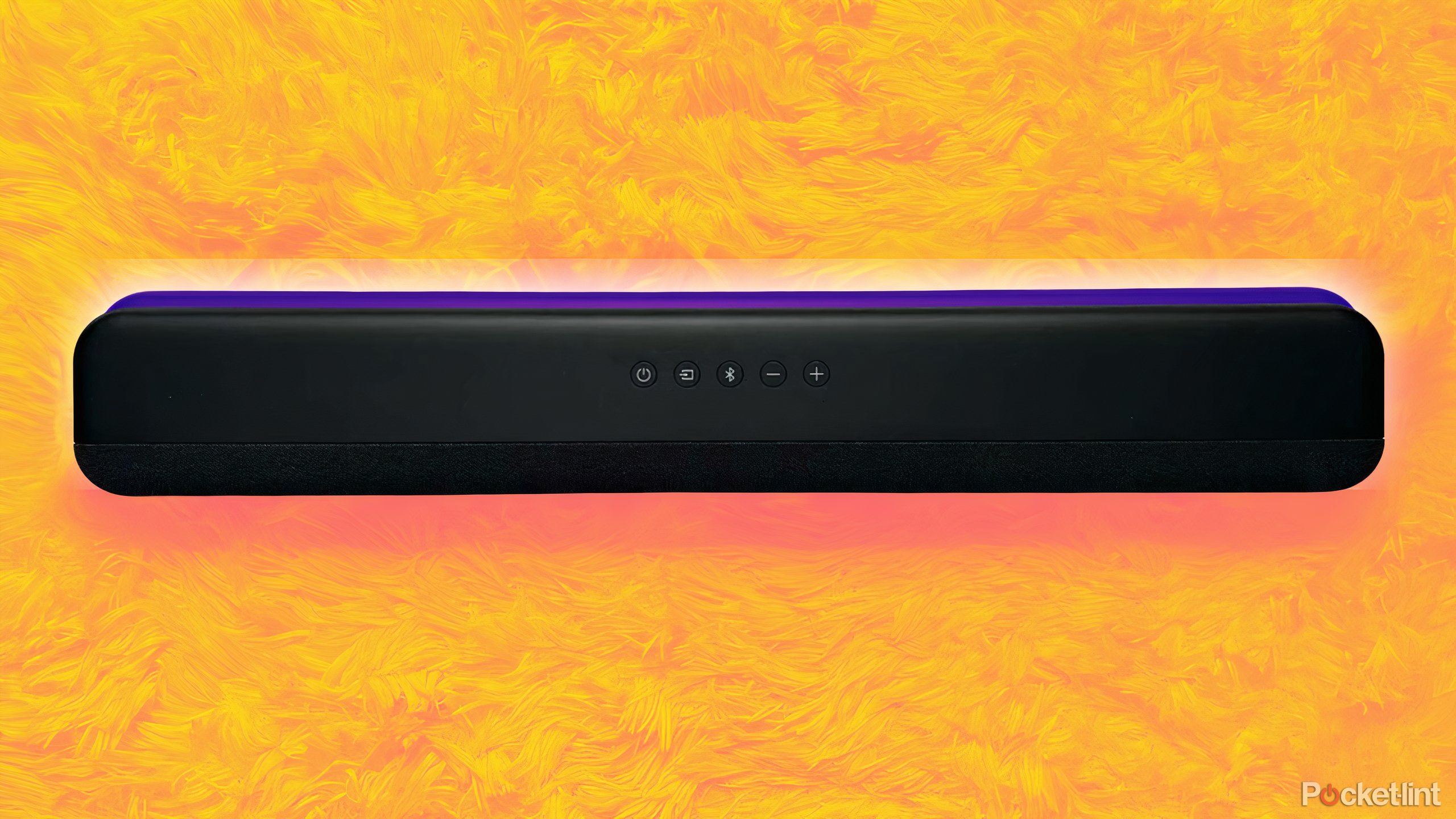
Despite the low price, the Amazon Fire TV Soundbar didn’t kindle my interest
Even the low price couldn’t save it with all these limitations.
In the case of 8K TVs, you might still be waiting to use it to its fullest. There isn’t a lot of native 8K content being made, and while Samsung is working with studios to develop 8K in order to make its lineup of ultra-high-res TVs more mainstream, for now these TVs are mostly upscaling content artificially. It’s not bad, but it’s not the best.
5 Updates become available
You can keep your TV new-ish
You won’t necessarily be able to keep your TV’s panel technology up-to-date, but when it comes to the operating system, you can expect your TV to regularly get updated so that you’re still enjoying some newer features. You may not get updates if your TV is five years old, but if it’s a relatively recent purchase, you should be able to welcome any new additions or changes to the OS that may improve functionality, navigation, or efficiency. You’ll likely also get access to new apps and features, especially if you’re buying a TV from a company like Samsung that is trying to create a whole ecosystem of interconnected devices: it wants you to be able to enjoy everything new its offering.

Best Amazon Fire TV stick: Upgrade your TV for the streaming age
Find the best Amazon Fire Stick for streaming from Netflix, Disney+, and other services.
Similarly, investing in a streaming stick is an expensive but useful way to gain access to a new OS on an older TV. So even if, after two or three years, you’ve grown tired of your TV’s operating system, you can hack it by purchasing a streaming device with the latest software and innovations to embrace what’s new and current without having to buy a whole new TV.
Smart TVs, like so much technology (and most things), can be very expensive. It’s worth taking time to find the best value and really taking note of what’s important to your viewing experience.
Ultimately, smart TVs, like so much technology (and most things), can be very expensive. It’s worth taking time to find the best value and really taking note of what’s important to your viewing experience.
Trending Products

Cooler Master MasterBox Q300L Micro-ATX Tower with Magnetic Design Dust Filter, Transparent Acrylic Side Panel, Adjustable I/O & Fully Ventilated Airflow, Black (MCB-Q300L-KANN-S00)

ASUS TUF Gaming GT301 ZAKU II Edition ATX mid-Tower Compact case with Tempered Glass Side Panel, Honeycomb Front Panel, 120mm Aura Addressable RGB Fan, Headphone Hanger,360mm Radiator, Gundam Edition

ASUS TUF Gaming GT501 Mid-Tower Computer Case for up to EATX Motherboards with USB 3.0 Front Panel Cases GT501/GRY/WITH Handle

be quiet! Pure Base 500DX ATX Mid Tower PC case | ARGB | 3 Pre-Installed Pure Wings 2 Fans | Tempered Glass Window | Black | BGW37

ASUS ROG Strix Helios GX601 White Edition RGB Mid-Tower Computer Case for ATX/EATX Motherboards with tempered glass, aluminum frame, GPU braces, 420mm radiator support and Aura Sync


